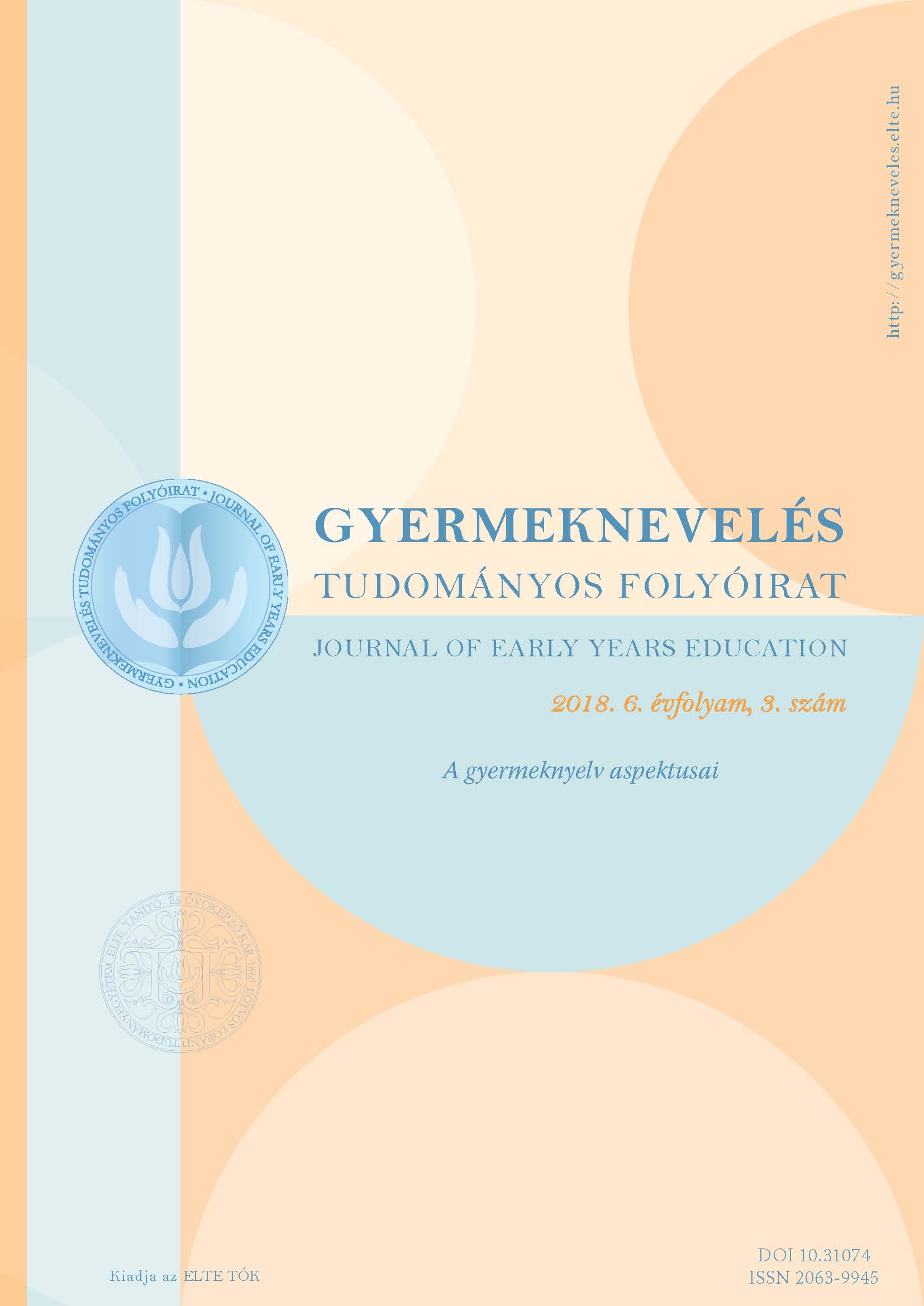Attachment Theory and Stuttering
DOI:
https://doi.org/10.31074/2018399110Keywords:
stuttering, attachment, interaction, autonomy, affect regulationAbstract
Stuttering is one of the most significant communication disorder. There are a lot of research and case stories dealing with its causes. In our study, we try to find the relevance of attachment with the experimental data, to prove its role in the etiology of stuttering. Attachment is a basic phenomenon of human behavior. Attachment theory is a powerful research area in the field of psychology. We focus four components of attachment behavior, security, interaction, autonomy and affect regulation, and we looked for relationships with stuttering. Several authors highlight the important role of mother-child relationship, interaction, and attachment to stuttering. According to them, stuttering is a defensive reaction to the trauma of the child’s feeling of separation from the primary identification with the mother or disruption of communication. Attachment as a determinant factor of stuttering has many aspects and forms of manifestation: child temperament, parental speech characteristics, communication style, knowledge about stuttering, and attitude to speech disorder.
Downloads
Downloads
Published
How to Cite
Issue
Section
License
Copyright (c) 2018 Author

This work is licensed under a Creative Commons Attribution-NonCommercial-ShareAlike 4.0 International License.

